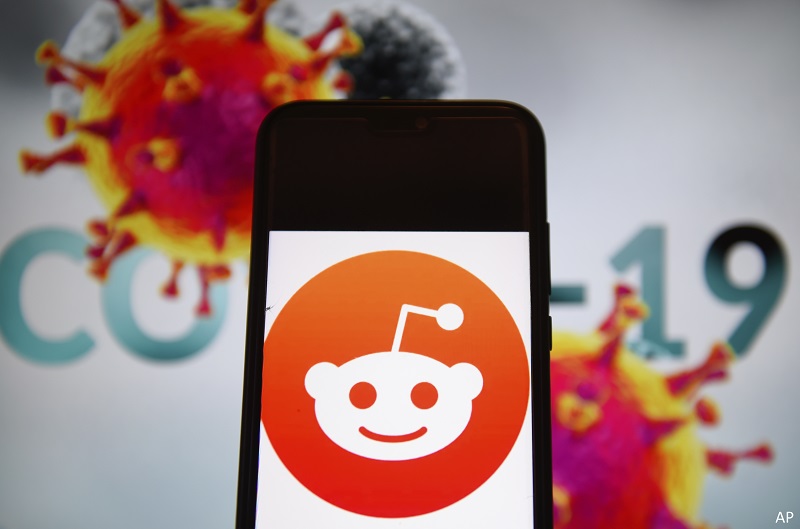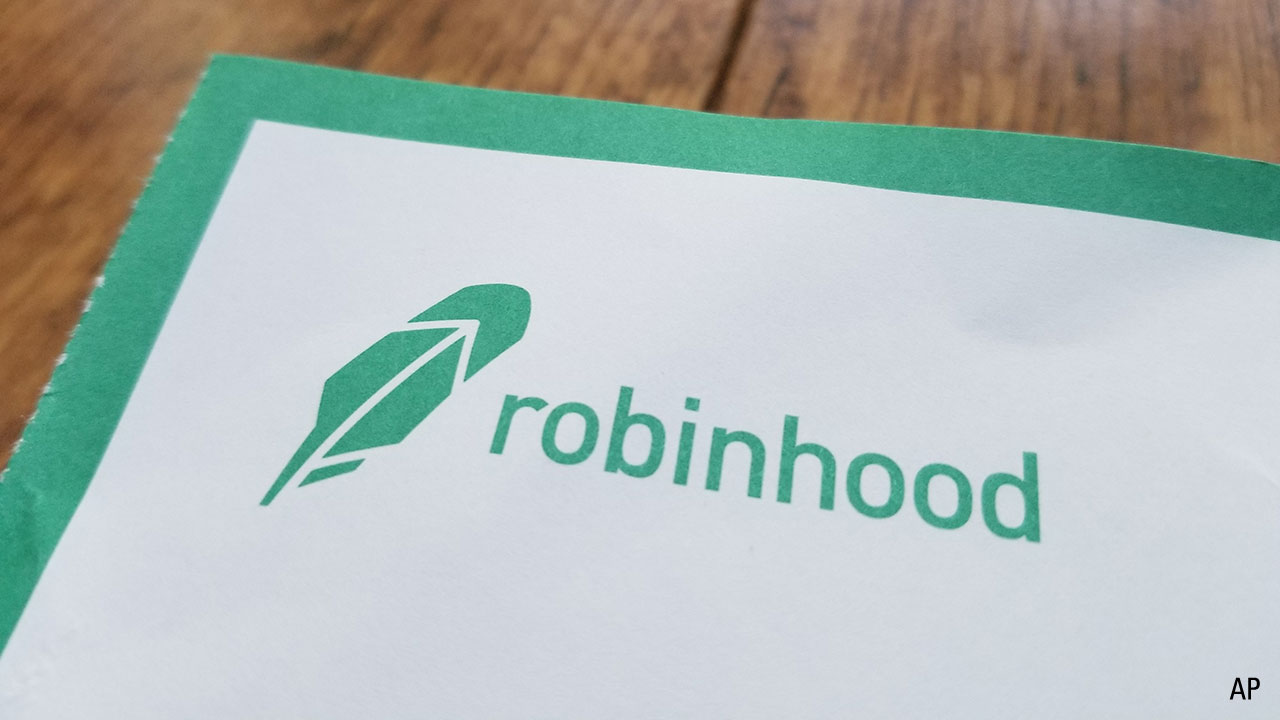
My story began with an edit. In December, I edited an article on the wild world of leveraged and inverse ETFs – thanks Yan! – which lead me down the rabbit hole of new strategies and a wider set of potential outcomes. In those pre-coronavirus days, I proceeded to lose a small amount of money a couple of times before giving up. And then along came COVID-19.
To my mind, the pandemic made for a unique environment to give the complex tools another chance. I knew I would be a millionaire if only I could perfectly time my options strategies. Social media agreed with me; my gains would be exponential. The gains were a trap, of course, a mere glimpse before disappearing and risking a chunk of my portfolio.
Here’s my story – and what I learnt.
Pandemic + Options = $$$?
On a coffee break on the afternoon of Jan 30th, right after the World Health Organization (WHO) declared COVID-19 a public health emergency, I checked on the VIX index, ready to buy my first golden ticket as a newly-minted options trader.
Wait, what. Let’s rewind.
This pandemic was an opportunity, an unprecedented global event. The announcement by the WHO was a mini-event that ‘felt’ different. In a classic gambling mindset, I wanted a hedge that was amplified by emphasizing the dimension of time around the event (enter options). I knew near-term options were essentially gambling, but in the context of a modest portfolio full of risky equities, it didn’t look too bad. Phone in hand, having just closed Reddit, I (and I suspect many others at that moment) entered the realm of ‘Robinhood’, and purchased near term calls for the volatility-based and leveraged ProShares Ultra VIX Short-Term Futures ETN (UVXY).
You see, I thought the market would react strongly and immediately to this news, and then quickly multiply my investment – but it hadn’t.
There’s a reason they call them ‘ProShares’.
Unable to stomach losing a third of my investment, I sold before market close. In simplest terms, I had bet the international public health emergency would be a bad surprise to a certain extent, by a certain time. Didn’t happen.
I spent the evening frustrated and pouring through Reddit for an explanation. It started with r/investing and then r/options. People were talking about the news from the WHO, but no investors seemed to be surprised by the announcement.
Lesson 1: The market and reality are two separate things. Volatility is a useful indicator for the market’s reaction to an event, once the market has processed the information and then responded to it. It took a day for attitudes to change in a meaningful way and the bet I sold in a panic ballooned by around 500%.
I spent the weekend feeling miserable that I’d missed out on a chance to wipe out a chunk of my student debt or be able to buy a used car. I’ll never forget the feeling of how ‘real’ the money in my online broker app felt after such a fast and painful hit. Looking back, I’m happy I tested my FOMO and frustration limits with my investments while the stakes were low.
That weekend I finalized my entry into the social-media-fueled trading frenzy around COVID-19 by entering the madness that is r/wallstreetbets, the ‘speakeasy’ of investing.
r/wallstreetbets has its own culture, with idols (we know it’s you, Jartek!), conspiracies, drama, self-deprecating dark humour, and its own (highly inappropriate) language and memes. It’s a good place to pick up new ideas and market sentiment, and not a place for investing advice.
I experienced feelings of guilt for considering strategies that went against the long-term investing beliefs we hold at Morningstar. I also felt relief to see that I wasn’t the only one falling on my face with options, and sadness that so many users had taken it so far to lose between 30% and 100% in just a few days.
For me, r/wallstreetbets became a lockdown pastime – joining daily chats for the evening White House press conferences, sharing jokes and predictions about whether the market would open green or red the next day. By mid-February the community entered a twilight zone where just about any put would be sure to “print”. I was ready to get back in. Broad-based indexes, cruise lines and theme parks were favourites. There was also a bull gang, if that was your thing. I was a bear and thankfully resisted the peer pressure to purchase no more (SPY) puts (around 3% of my portfolio) than I thought I’d need to hedge against the S&P 500.
The next few weeks saw a 20-fold gain. I was so swept up in the frenzy and the community, that I failed to realize these tools had turned tulip-mania. And even after disheartening days where despite the market moving in the right direction, the puts lost value (volatility crush), I (we) were sure the pace of the plummet would continue.
I ran those puts into the ground (i.e. diamond hands).
Lesson 2: Social media is not a financial advisor. With the market recovering, I came to recognize that the same insulation that gave ‘social media-based’ investors a head-start on mainstream views also held them back. It’s important to learn how to avoid groupthink and gambling first-hand.
That 'V-shaped' recovery frequently forecasted seemed to happen, after all. And while it's something to celebrate, we should remember that it's still mostly luck.
I was reminded of this in an experience on a Zoom call with my colleagues when discussing whether we should include coverage of options for long term investors. I mentioned I had discussed the idea of using broad-based [ETF] put options as a hedge against severe market downturns with another colleague who had been considering the move around the same time.
A few people in the call mentioned that they heard this particular colleague went ahead with a similar - and thankfully smaller - hedge strategy and the puts lost value, fast. I couldn’t help but laugh. I didn't know! So many missed opportunities to commiserate over those weeks. Having gone through it, I’m sure it was a wild ride. Our recession insurance policies didn’t reflect the second anomaly that followed with the record stock market recovery – but who actually knew, and does that mean options as hedges didn’t work?
One colleague on the call challenged me, asking me why I’d laughed. “What’s so funny about someone losing money?”
Well, for one, his hedge. But I also saw it as someone daring to act and do something less common (but reasonable and responsible in his mind, at that time) and then having yet another odd event come along and appear to ruin it. The timing, the misplaced luck and our shared experience made it comical.
But there’s nothing funny about the bet itself. I saw so many posts discussing black clouds of doubt and loss haunting young investors. Or the anxiety and shame when trying to reopen (or reinstall) up that brokerage app. This state of mind cannot be healthy nor promote independence.
Lesson 3: Laugh. Relax, learn your lessons, get good advice and laugh about the nonsensical gains others have had as well before moving on. And you can act fearfully when others are greedy, without needing to feel fearful.
In the end, I'm happy I spent 3% of my portfolio learning these lessons. Most of that would have gone to mutual fund management fees anyways.
Are these lessons worth learning about through a ‘trial by fire’? Yes, with conditions. Start by recognizing you’re gambling and size your bet accordingly. Should we avoid talking about options in retail investing media? No, we need more responsible dialogue, not less. Should we laugh when the world deviates from our best-laid plans? You bet – may as well get comfortable.
Passionate about investing in new ideas?
Explore the latest Global Thematic Fund Landscape report here








:quality(80)/cloudfront-us-east-1.images.arcpublishing.com/morningstar/OSPGGQHXJVCGLBHR5CUUQWH3NQ.png)












